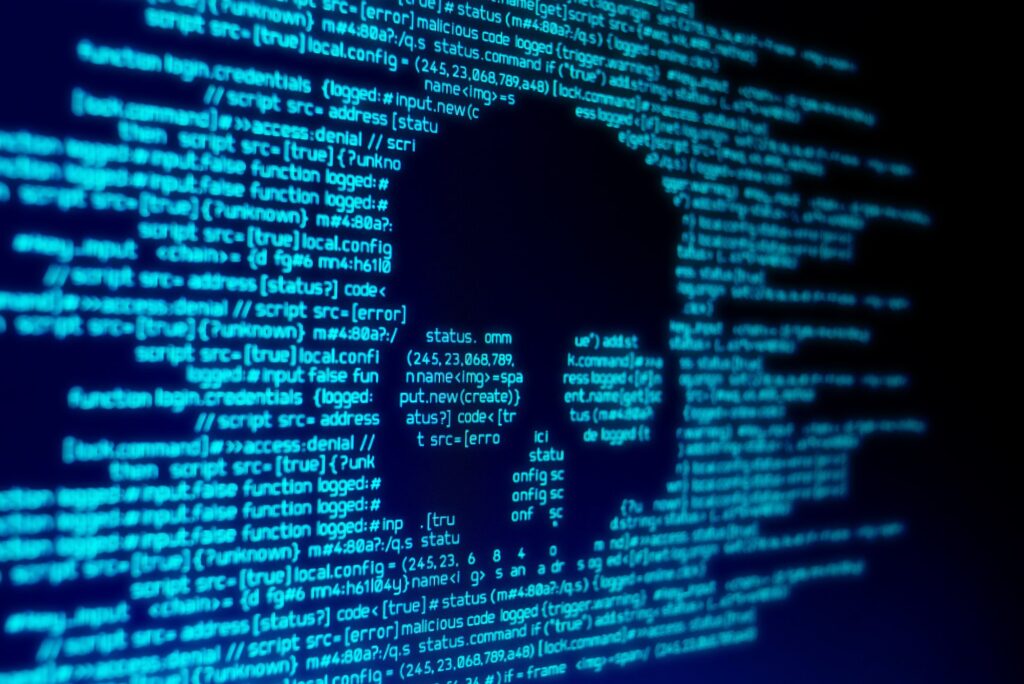Viruses are not as much of a common problem as one might think, however, they can be pretty sneaky at times. Unlike how it is often shown in the movies, viruses don’t always cause your computer to glitch and the screen to be filled with “Warning” or “Error” prompts. Sometimes, the viruses will just cause your system to be slower than usual and you might not even realize that it’s something grave.
This is why so many of us wouldn’t even realize that there’s a virus in our computers. This is also the reason so many internet providers offer malware and anti-virus protection software so that you won’t have to worry about anything.
If you want to know whether your ISP is offering these services as well, the best thing to do is ask them. If, for example, you are a customer of Spectrum, you can call Spectrum customer service or simply visit here to inquire about it.
For now, let’s move on to the tell-tale signs of your computer being infected by a virus.
How Does a Computer Get a Virus?

Source: pandasecurity.com
It’s natural for anyone to ask this question. While you will hear from people that viruses find their way to your computer through questionable/infected websites and ads, it is not the only way. Sometimes, it is possible that you downloaded the virus by yourself when trying to download a picture, video, game, or some sort of file. The file might have been infected, which causes the virus to be downloaded; meanwhile, you don’t have a clue.
The most common way for this to happen is if you are downloading pirated content, games, or files. A virus can also find its way via an email attachment or a bad link. All that spam mail that you get can be more dangerous than you might think, which is why you should never download anything unless you are 100% sure it’s a clean file from a trustworthy source. USB sticks can also carry viruses, so it’s best to avoid those altogether.
How Do I Know My Computer Has a Virus?
Just like there are some symptoms of a fever or a disease, a virus also has its symptoms. You can check your computer for these symptoms:
- Slow computer performance, which means apps and programs take longer to open and load.
- Programs and apps suddenly shut down and the computer restarts unexpectedly.
- Files going missing all of a sudden
- The system crashes frequently.
- Error messages appear more frequently than before.
- Unexpected pop-up windows
- New apps and programs automatically downloaded onto your computer
- Overworked hard drive (internal fan whirring hard) even when you aren’t doing much work on the computer
- Emails are automatically sent from your account when you’re not sending any.
- The web browser is lagging and redirects constantly.
- Firewalls and anti-virus software not working properly and malfunctioning
What Do I Do Now that there is a Virus on my Computer?

Source: ifixomaha.com
Once you have established that there is a virus in your computer, the next thing to do is to get rid of it. The sooner you get rid of it, the easier it will be to restore your computer back to its original state. Just know that a virus in your computer does not mean that you’ll have to discard it and look for another system altogether. Here are a few measures you can take to remove the virus from your system.
- Run a full system scan – Use antivirus software and run a scan daily on your system so that you know when something is wrong.
- Restore to an earlier backup – Restore your computer to an earlier backup so that the virus can get wiped out right away.
- Delete temporary files – Delete any temporary files on your computer.
- Go safe mode – If you are facing issues while deleting files from your computer, try booting up the system in “Safe Mode”. This will prevent interruptions so you can fix the problem.
Conclusion
Now, you know how to check for a virus and what to do once you have found a virus too. However, if the problem remains even after trying most or all of the things suggested above, then you will need to call in a technician or an expert to handle the problem.
As we have repeatedly emphasized above, a virus won’t completely eradicate everything unless it is a very malicious code, but you will still lose a few things despite your efforts to get them back. But of course, as long as you get most of your stuff back, it’ll be okay!


